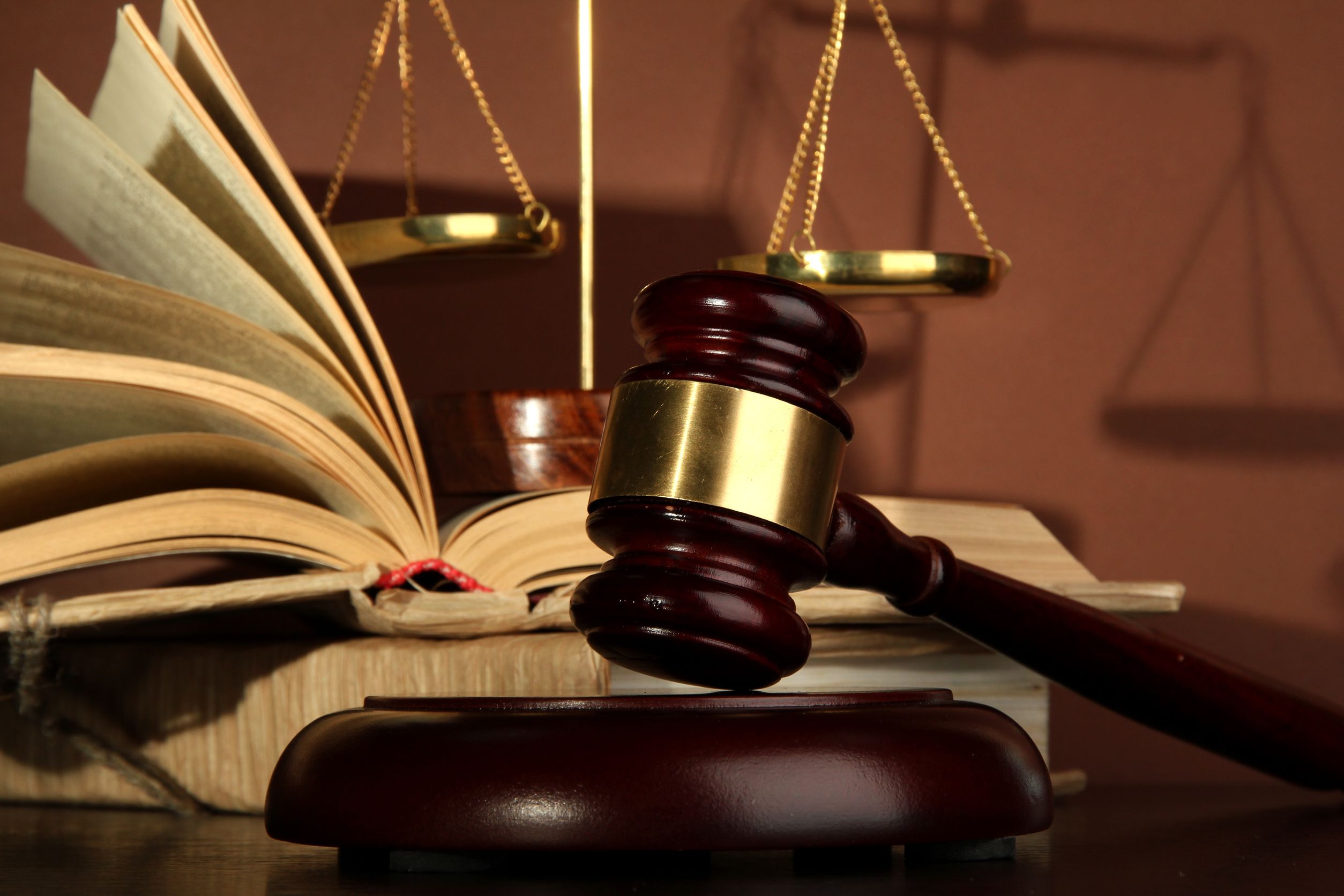Acquit
What does Acquit mean?
If a court finds an alleged defendant not guilty of a crime this is called an acquittal. It is "setting them free from the charge of the offense." After the state presents their case to the court, which means both the defendant and prosecution offers evidence, either the jury or the judge may acquit the accused if there is not enough evidence to support the charge.
Generally if the jury acquits a defendant the acquittal cannot be appealed or reversed; a judge's acquittal may be considered a dismissal or a mistrial, and the state may decide to prosecute the defendant a second time. Consider, however, if you are charged for a crime and acquitted by a jury, the state will be barred from charging you a second time and bringing you to court. This is called "double jeopardy" and is considered an unconstitutional government action.
Related Pages
Lawyers near
Term of the Day
Undocumented immigrant
An undocumented immigrant is the term for a person residing in the United States without legal immigration status.
Category: Immigration







